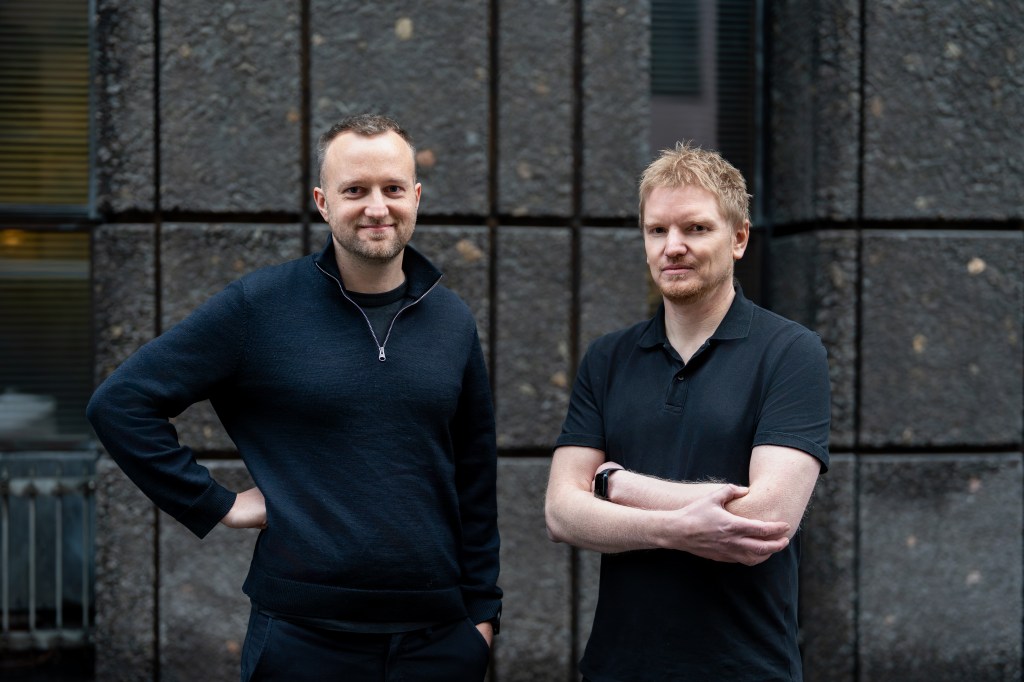In a landmark decision on June 25, 2025, U.S. District Judge Vince Chhabria ruled in favor of Meta Platforms in a copyright infringement lawsuit filed by 13 prominent authors, including Sarah Silverman and Ta-Nehisi Coates. The authors alleged that Meta unlawfully used their copyrighted books to train its artificial intelligence (AI) system, Llama, without obtaining proper authorization.
Case Background
The plaintiffs contended that Meta’s practice of utilizing their literary works to develop and enhance its AI models constituted a violation of copyright laws. They argued that such use was unauthorized and detrimental to their intellectual property rights. Meta, on the other hand, defended its actions by invoking the fair use doctrine, asserting that the incorporation of these works into AI training processes was transformative and legally permissible.
Judicial Findings
Judge Chhabria’s ruling emphasized that the authors failed to present compelling evidence demonstrating that Meta’s use of their works resulted in market harm—a critical component in establishing copyright infringement. He noted that the plaintiffs did not adequately substantiate claims of economic damage or market dilution caused by Meta’s AI training practices.
The judge clarified that his decision does not universally endorse the legality of using copyrighted materials for AI training. Instead, it reflects the insufficiency of the arguments and evidence presented by the plaintiffs in this specific case. He stated, This ruling does not stand for the proposition that Meta’s use of copyrighted materials to train its language models is lawful. It stands only for the proposition that these plaintiffs made the wrong arguments and failed to develop a record in support of the right one.
Implications for the Tech Industry
This ruling is part of a broader legal discourse concerning the intersection of AI development and copyright law. Just days prior, another federal judge ruled in favor of AI company Anthropic in a similar lawsuit, indicating a judicial trend that may favor tech companies in such disputes. However, both judges underscored that their decisions are limited in scope and do not establish a blanket precedent for all cases involving AI training on copyrighted materials.
Future Considerations
Judge Chhabria highlighted that future cases with more robust evidence of market harm could yield different outcomes. He suggested that arguments focusing on market dilution might carry more legal weight, especially as AI technologies continue to evolve and potentially disrupt traditional creative industries. This leaves the door open for other authors and content creators to pursue similar claims with stronger legal strategies and evidence.
Industry Reactions
Meta welcomed the court’s decision, reaffirming its stance on the fair use of copyrighted materials in AI development. A company spokesperson stated, Open-source AI models are powering transformative innovations, productivity, and creativity for individuals and companies, and fair use of copyright material is a vital legal framework for building this transformative technology.
Conversely, the authors’ legal representatives expressed disappointment, accusing Meta of unprecedented piracy and emphasizing the need for stronger protections for creators in the age of AI.
Broader Legal Landscape
This case is one among several ongoing legal battles addressing the use of copyrighted content in AI training. For instance, The New York Times has filed a lawsuit against OpenAI and Microsoft for training AI models on news articles, while Disney and Universal are suing Midjourney for using films and TV shows in AI training. These cases underscore the growing tensions between technological innovation and intellectual property rights.
Conclusion
The ruling in favor of Meta marks a significant moment in the ongoing debate over the use of copyrighted materials in AI development. While it provides a temporary victory for tech companies, it also signals that future cases with more substantial evidence and refined legal arguments could challenge the boundaries of fair use in the context of AI training. As the legal landscape continues to evolve, both content creators and technology developers will need to navigate these complexities to balance innovation with the protection of intellectual property rights.



